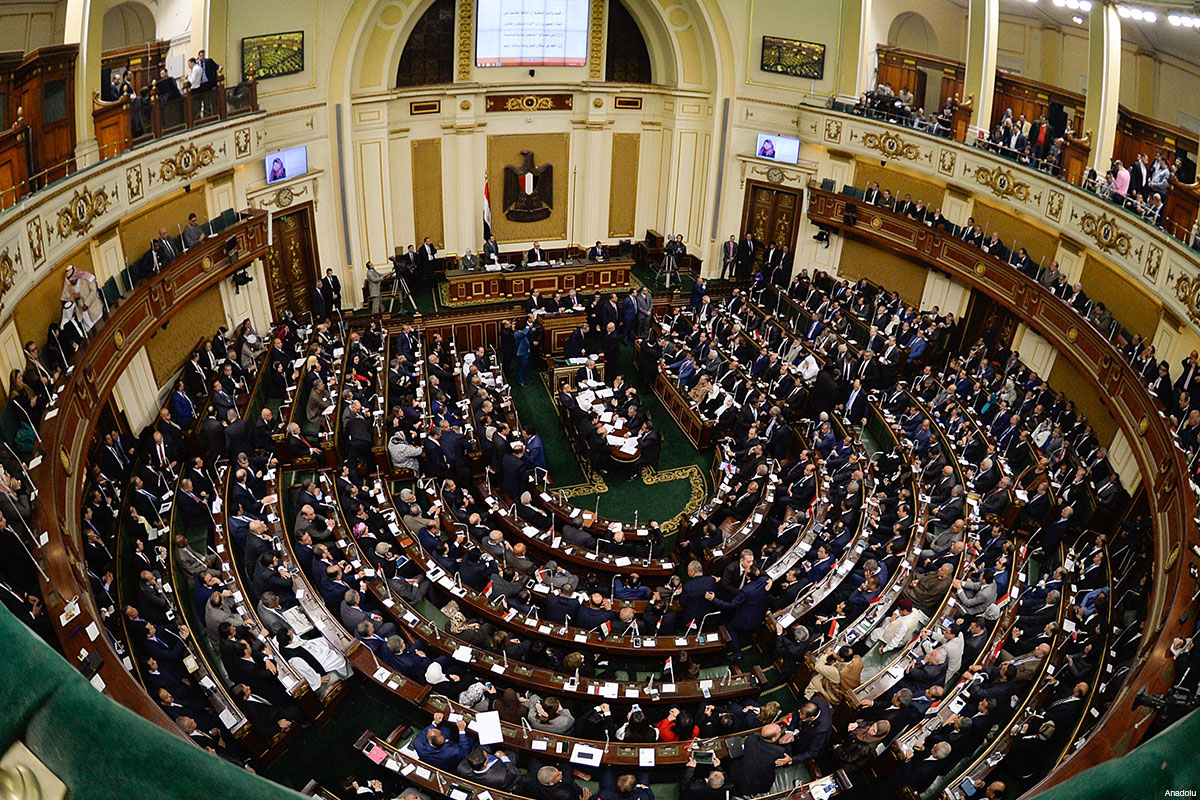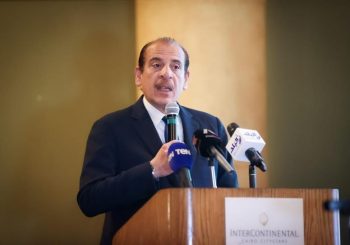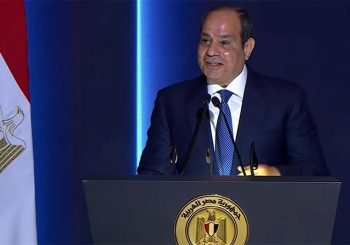
Egypt’s parliament approved on Monday El-Sisi’s presidential decree to extend the country’s state of emergency, that has been in effect for two years, for three more months from 27 October 2019 to 26 January 2020 on the grounds of fighting terrorism and implementing development programs in a stable climate, Ahram Online reported.
This is the tenth time the president issues a decree to extent the state of emergency.
According to the bylaws of the Egyptian House of Representatives, two-thirds of the members of the parliament must approve the imposition or extension of the state of emergency within seven days of the decision.
BBC Arabic said that Prime Minister Mostafa Madbouly announced in his speech to the house of Representatives that there are”forces of darkness exploiting the turmoil in the Arab region and the Middle East to carry out despicable acts against innocent civilians as well as members of the armed forces and police, hoping to destabilize Egypt.”
According to Egypt Today, “The Armed Forces and Tourism Police shall take all the necessary measures to combat the dangers of terrorism and its financing sources in order to maintain security throughout the country, protect the public and private properties and save the lives of citizens,” the decree published on the state’s official gazette ‘Al-Waqa’i’ al-Misriyya’ says.
The official statement also says that Egypt’s Prime Minister Mostafa Madbouly renewed the twilight curfew in some regions in North Sinai including Tal Rafah, Awja, and Mount Halal among others. The curfew is from 7 p.m. to 6 a.m., with the exception of the city of Arish and the international road where the curfew is from 1 a.m. to 5 a.m., and it will expire with the termination of the state of emergency declared by the president.
In early May, the parliament approved the presidents request to extent the state of emergency for three more months which terminated on 24 July 2019.
It allows the state to “take [measures] necessary to confront the dangers and funding of terrorism and safeguard security in all parts of the country.”
The emergency law can only be implemented for three months, after which it has to be renewed by the president and should be approved by the parliament. It grants Egyptian authorities the right to intercept all forms of communications including social media. Civilians can also be referred to State Security Emergency Courts where they are unable to appeal verdicts, as such, it has been routinely criticized by human rights advocates.
The already-in-effect state of emergency was announced last year by Egypt’s President Abdel Fattah al-Sisi when two churches were bombed in Tanta and Alexandria on Palm Sunday in 2017 killing 47 people.
A state of emergency refers to the government’s mobilization and empowerment to perform actions normally not permitted except in exceptional situations such as during wars, armed conflict or natural disaster.
The state of emergency, in Egypt, aims to curb ‘terrorism and its stop their fundings’. It is perceived as significantly timely by the government as efforts are amplified to fight Islamic insurgency in northern Sinai and other parts of the country.
According to article 154 of the 2014 constitution, the state of emergency is to be announced after consulting with the cabinet. Then, the decision should be reviewed by the parliament in no more than seven days after its approval by the cabinet.
The state of emergency was imposed nonstop during the era of former president Hosni Mubarak, from 1981 to 2012, even after he was ousted.
*Cover photo courtesy of Middle East Monitor







Comment (1)
[…] until 2011. Even after the 2011 Egyptian revolution, the state of emergency has been declared on several successive occasions, and has become the ‘new normal’ for […]